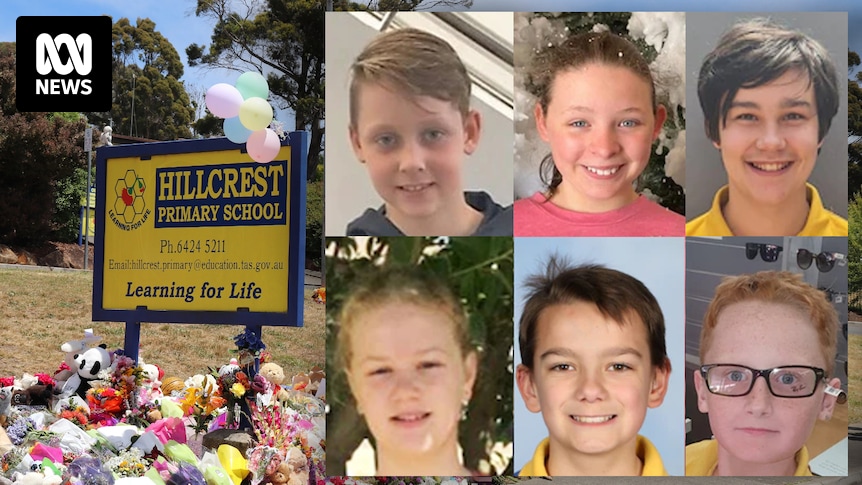
On December 16, 2021, a tragic incident at Hillcrest Primary School in Devonport, Tasmania, shook the community and reverberated across the globe. A sudden dust devil swept through the school grounds, lifting a jumping castle into the air and resulting in the deaths of six children. This heartbreaking event has since sparked calls for tighter regulation of the jumping castle industry from affected families and former operators.
Russ Jackson, owner of Russ Jackson’s House of Bounce, was conducting a similar event at another school when he received the devastating news. “The principal came out and said we had to let everything down, pack it up, there’d been an incident at Hillcrest,” Jackson recounted. The tragedy led to an immediate ban on jumping castles in Tasmanian state schools and public lands, effectively ending Jackson’s business operations.
Legal Proceedings and Calls for Change
The Hillcrest tragedy brought international attention and led to a protracted legal battle. The families of the victims have been navigating the court system for over three years, seeking clarity and justice. After a “deeply disappointing” criminal case verdict, they are now urging the coroner to recommend legislative changes during the upcoming inquest.
Rosemary Gamble, the owner of the jumping castle involved, faced criminal charges nearly two years after the incident. However, in November 2024, Magistrate Robert Webster found her not guilty, citing the unforeseeable nature of the dust devil. “Ms Gamble could have done more or taken further steps,” Webster noted, but concluded that these actions would not have altered the tragic outcome.
Understanding the Australian Standards
The case highlighted the complexities of the Australian Standards for inflatable amusement devices. These guidelines, intended to ensure safe operation and manufacturing, were a focal point of the trial. Expert witnesses presented differing interpretations, leading Magistrate Webster to describe the standards as “complex” and “ambiguous.” The lack of a legal mandate to adhere to these standards further complicates the regulatory landscape.
“It is clear from the evidence the standards are complex and, in some instances, ambiguous and deficient,” Magistrate Robert Webster stated.
Community and Industry Impact
The repercussions of the Hillcrest tragedy extend beyond the courtroom. The immediate bans on jumping castles in Tasmania and similar restrictions in other Australian states have decimated the industry. Russ Jackson, among others, has called for improved regulation to revive the sector. “We were no longer allowed to get on, so we had to cancel all the jobs,” he lamented. Meanwhile, insurance premiums have skyrocketed, with some operators seeing costs double.
The Fairy Godmothers, a charity based in Burnie, experienced a similar financial strain. “It was no more than $3,000 … and it did increase to over $6,500,” said treasurer Katrina Tabart, highlighting the unsustainable costs for occasional use.
Looking Ahead: The Push for Regulatory Reform
Families affected by the tragedy, represented by lawyer Dimi Ioannou, are advocating for the coroner to recommend stronger, legally binding standards. “They want to ensure that no other family endures this pain,” Ioannou emphasized. The coroner’s inquest, paused during the criminal proceedings, is set to resume, though it remains unclear if jumping castle regulations will be a focal point.
Despite the tragedy, there remains a desire within the community to see jumping castles return to their former prominence. Both Jackson and Tabart express hope that clearer regulations could pave the way for a safer industry. “I feel for the kids that always looked forward to the end of school breakups with the jumping castles,” Jackson said, reflecting on the joy these inflatables once brought.
“It’s impacted all kids’ entertainment. It’s not just the jumping castles,” Tabart noted, underscoring the broader implications of the tragedy.
The Hillcrest tragedy’s impact continues to be felt across Tasmania and beyond, as communities grapple with grief and the need for change. The upcoming inquest represents a critical opportunity to address these concerns and prevent future tragedies.







